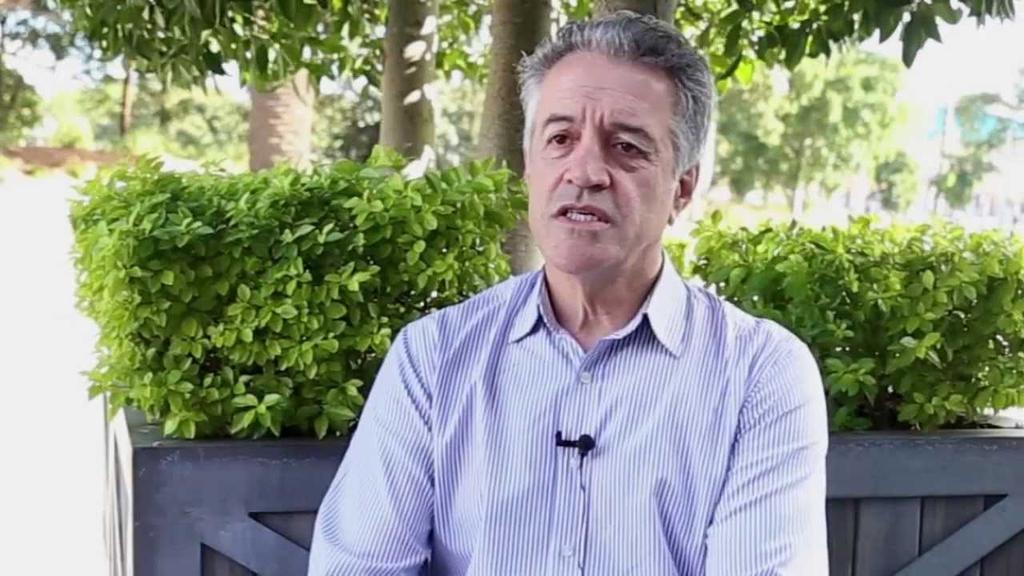A parliamentary inquiry in New South Wales delving into the regulation and compliance of vaping has received a suggestion from an academic urging consideration of the “benefits” of vaping. Colin Mendelsohn, the founding chairman of the Australian Tobacco Harm Reduction Association, proposed the installation of designated “vaping areas” within schools.
During his appearance on Friday morning, Mendelsohn argued that current efforts to regulate the vaping industry were ineffective. Addressing the issue of increasing numbers of young people vaping, he advocated for a “compassionate solution” centered on harm reduction. He proposed that young people, who are nicotine dependent and experiencing withdrawal symptoms, with parental permission, be permitted to vape in designated areas on school premises.
Mendelsohn emphasized that this approach aimed to minimize harm to both the students and their learning environment. He asserted that vaping was among the “least harmful” risk behaviors observed in children, stating a preference for youth vaping over smoking, drinking, drug use, or engaging in violent behavior.
Furthermore, Mendelsohn suggested that establishing a legal, regulated market for vapes, akin to the current systems for cigarettes and alcohol, would help combat the growing black market. Currently, non-nicotine vapes are legal in NSW, but concerns were raised during the inquiry regarding the sale of nicotine-containing e-cigarettes without proper labeling.
However, health and educational officials presented contrasting views during the inquiry. Rowena Ivers from the Royal Australian College of General Practitioners (RACGP) highlighted the immediate risks associated with nicotine vaping, including poisoning, toxicity, injuries, and prolonged nicotine exposure. She stressed the need for strict packaging regulations for prescribed nicotine vapes.
In response, Mendelsohn argued that smoking cigarettes posed a greater health risk and contended that long-term vape use was likely considerably less harmful. He asserted that no deaths had been directly attributed to vaping nicotine.
Later in the proceedings, the state’s chief cancer officer, Tracey O’Brien, cautioned that while there was no definitive evidence linking vaping to cancer, the long-term effects were still uncertain. She underscored the need for continued research due to the presence of potentially carcinogenic chemicals in vape products.

Education officials expressed concerns about the behavioral and health impacts of vaping on students. Martin Graham from the Department of Education described vaping as a rapidly growing health issue and emphasized the importance of not only educating students about the dangers of vaping but also providing support for cessation.
Chief Health Officer Kerry Chant highlighted the potential negative impact of vaping on young people’s mental health, expressing concerns that vaping could exacerbate conditions such as anxiety and depression.
The ongoing inquiry seeks to address these multifaceted concerns surrounding vaping and its implications for public health and education in NSW.
【The information is sourced from the internet. If there is any infringement, please contact us for removal.】


















